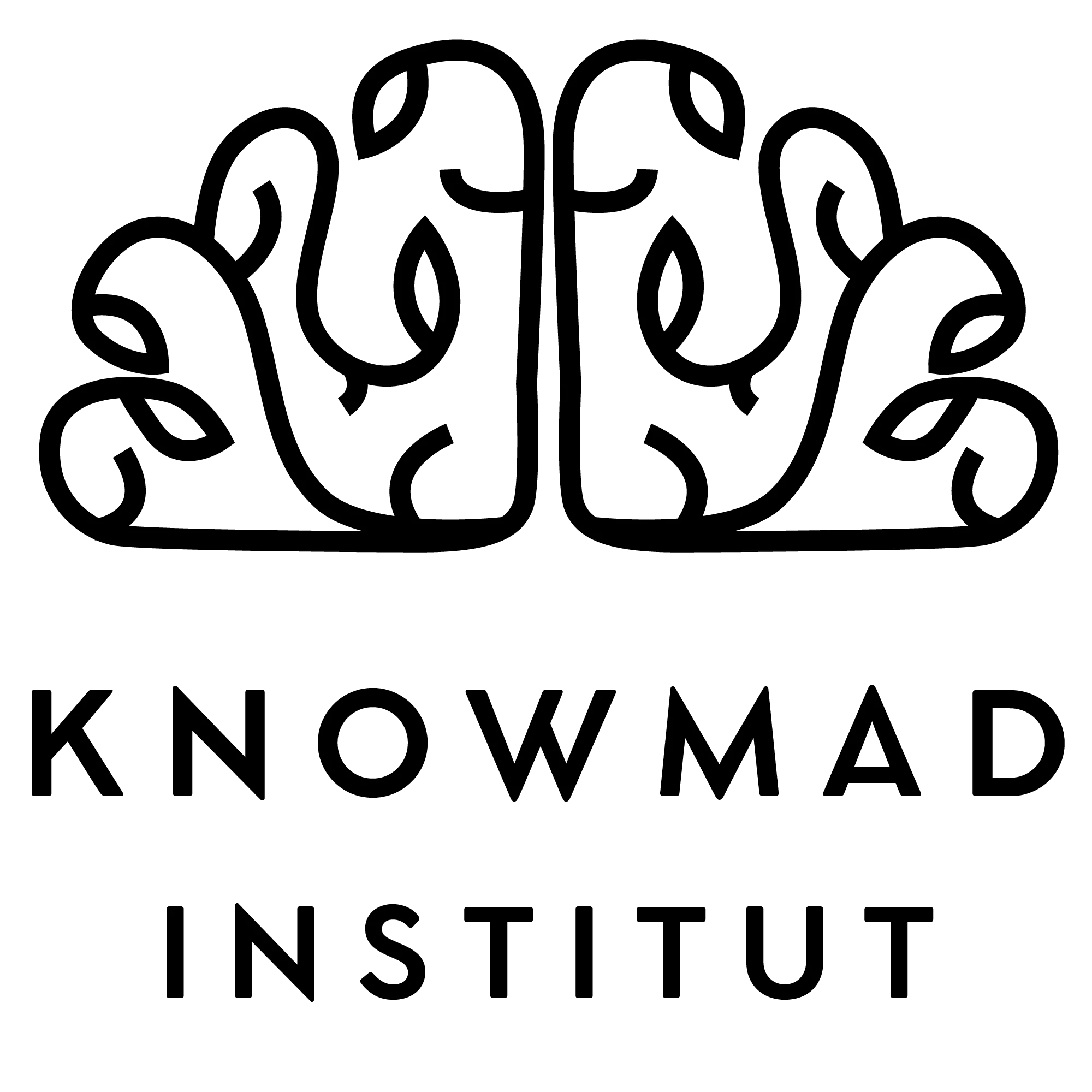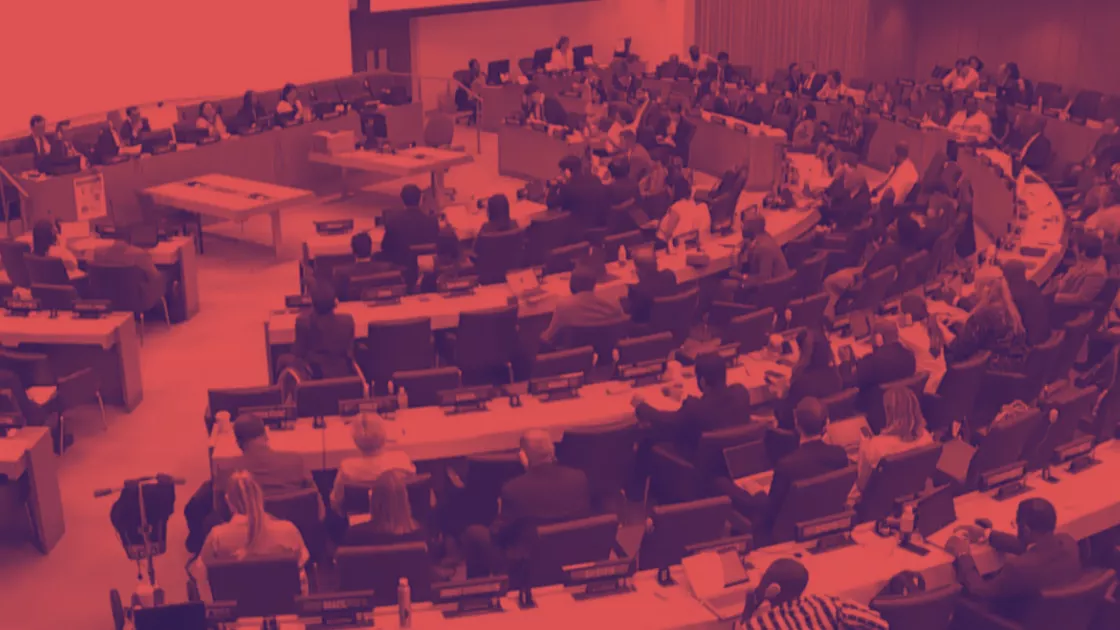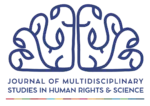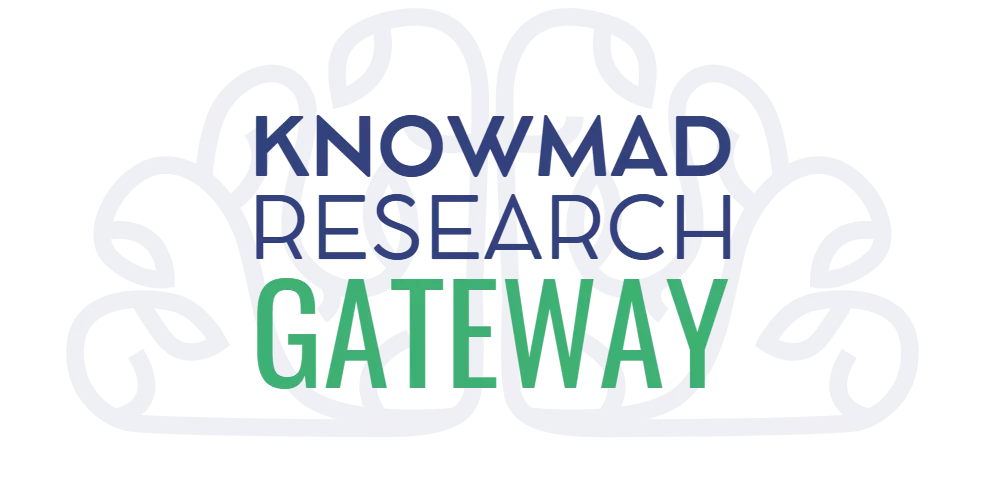
The Promise of AI in Education: AI has the potential to revolutionize education, uniquely adapting to individual learning needs and processing information at unmatched speeds and scales. This promise includes making education more inclusive and personalized, preparing students for the challenges of the future.
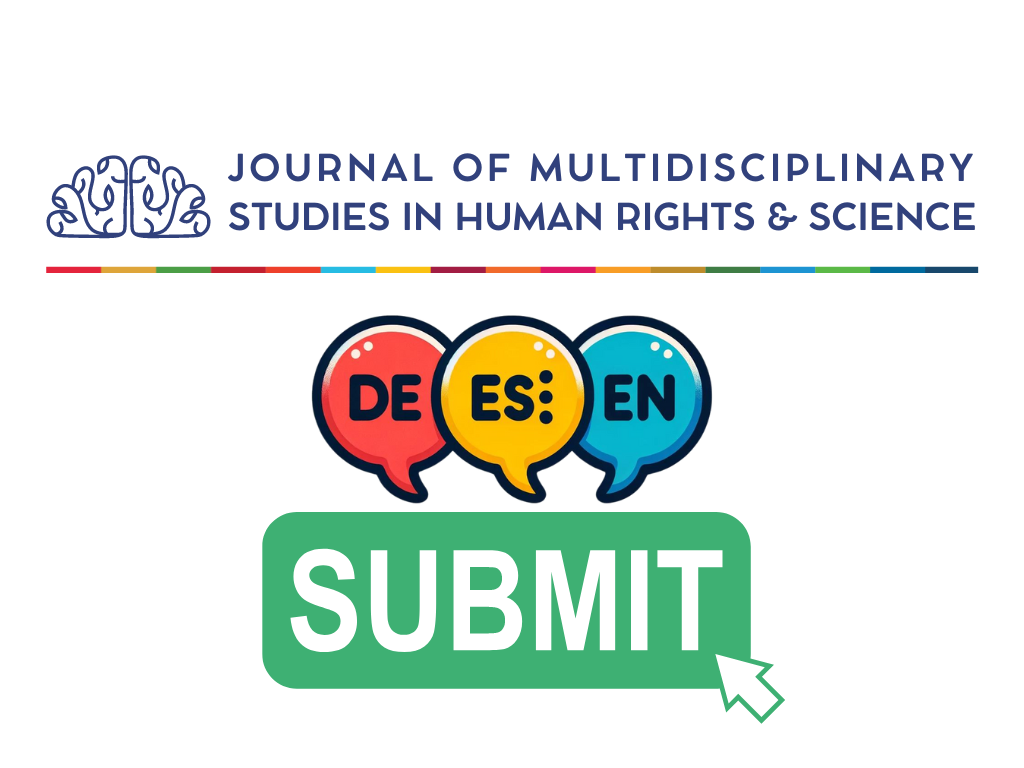
Transparency and Responsibility: The use of AI in creating academic content demands a clear statement of its role, ensuring that human authorship and originality remain at the forefront. The JMSHRS adheres to these principles, promoting practices that value human creativity and academic integrity.
Overcoming Obstacles with Ethics: We adopt a stance that sees AI not as a substitute for human creativity but as a tool that enhances it. This vision involves a continuous commitment to ethical evaluation and critical reflection, always seeking to protect originality and prevent plagiarism.
Concrete Actions for the Use of Ethical AI Tools in Education and Academic Publishing:
- Declare the Use of AI: Be transparent about how AI tools are used in research and publishing.
- Maintain Human Responsibility: Ensure that authors can account for the content presented, maintaining the ethics of the research.
- Protect Originality: Verify that AI does not infringe copyright or promote plagiarism.
At the Knowmad Institut, we promote AI’s conscious and ethical use in open science, seeing it as a means to enrich and not replace the educational experience. Through the JMSHRS, we commit to investigating and discussing how technology can serve education inclusively and responsibly.
We invite you to join this conversation: What do you think the future of AI in education should be? What are your thoughts on the use of AI in the creation of academic content?
